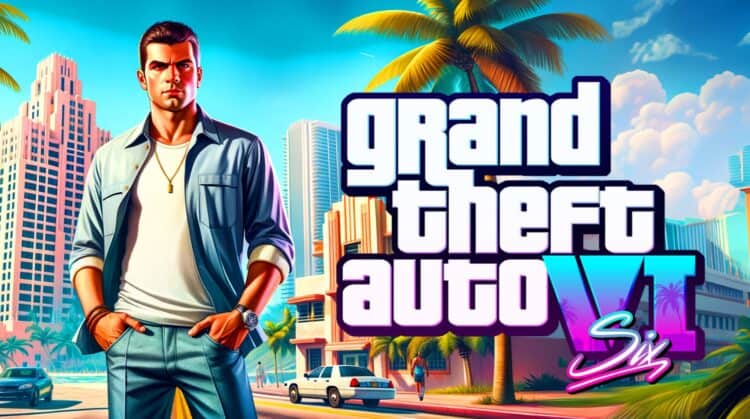As the much-anticipated Grand Theft Auto 6 (GTA 6) prepares for its upcoming reveal next month, the lingering question of its price has become a topic of widespread speculation.
Take-Two Interactive, the game’s publisher, finds itself in a favorable position with millions of eager gamers anticipating the unveiling of the latest installment in the mainline Grand Theft Auto series.
However, CEO Strauss Zelnick sparked controversy during discussions with investors about the pricing dynamics of video games. Zelnick subscribes to the notion that game prices should be determined by factors such as playtime length, development time, or a combination of both.
This perspective aligns with a prevailing trend among gamers, who argue that a game’s value should be proportionate to the hours of entertainment it provides. The theory posits that games offering extensive playtime, like GTA V, hold a higher intrinsic value than shorter, 12-hour gaming experiences, despite potential emotional depth and enjoyment.
Zelnick elaborated on this during a recent investor call, stating, “In terms of our pricing for any entertainment property, basically the algorithm is the value of the expected entertainment usage, which is to say the per-hour value times the number of expected hours plus the terminal value that’s perceived by the customer in ownership, if the title is owned rather than rented or subscribed to.”
In simpler terms, Zelnick argues that the GTA games, known for providing several hundred hours of gameplay, inherently hold more value than, for example, an 8-hour indie game that elicits strong emotions. He reiterated that “the industry as a whole offers a terrific price-to-value opportunity for consumers.”
While the recent increase in AAA game prices from £60 to £70 has stirred controversy, discussions around game pricing often overshadow the emotional experiences players derive from their gaming sessions. Zelnick’s perspective draws parallels with other art forms, challenging the notion that the length of a game should solely determine its value, similar to the debate surrounding the pricing of a 90-minute action film versus a profound, three-hour drama that prompts a reevaluation of one’s outlook on life.







